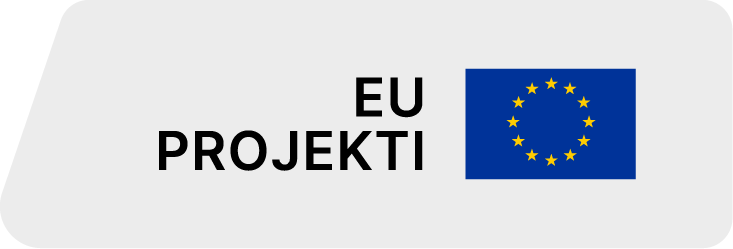The 2022 Consumer Digital Trust Index is a survey gauging the level of trust consumers have in digital services and their personal data across major industries.
The proliferation of digital has seen us move from bricks and mortar stores and banks to online services. And while digital has often improved experiences through its ability to make processes easier, faster, and simpler, this shift has taken us on a rapid trust journey. In fact, for these digital services to be trusted, consumers must first be assured that they and their data are secure. And although trust used to take years to build, the new digital era has accelerated this process. However, it is important to remember that it only takes a second for trust to vanish.
New research from Thales has revealed that there is a lack of consumer trust across industries to protect their personal data. The 2022 Thales Consumer Digital Trust Index: A Consumer Confidence in Data Security Report, conducted by Opinium, and in partnership with the University of Warwick, found that Social Media companies (18%), Government (14%), and Media & Entertainment organizations (12%) all had the lowest level of consumer trust when it comes to keeping their personal data secure.
On the other end of the spectrum, the financial sector has the highest level of confidence from consumers at 42 percent, with health care and consumer technology following at 37 percent and 32 percent, respectively. Additionally, over half of the respondents (54 percent) said they felt companies should be required to use data protection controls like encryption and two-factor authentication if they have been breached. And 21 percent said that they have stopped using a company or service after it suffered a breach.
There were also significant differences between the levels of trust consumers have across countries when it comes to the security of their personal data. Consumers across Germany (23%), Australia, the UK, and France (20%) were the least trusting nations when it comes to the protection of personal data and digital services.
In comparison, consumers across Brazil (95%), Mexico (92%), and UAE (91%), reported the highest levels of trust. These differences in trust among countries are likely the result of the data protection regulations, such as GDPR, that generate a broader awareness of the right to privacy and lack of trust.
The report found the vast majority (82%) of consumers worldwide reported a negative impact on their lives following a data breach. Fraudulent use of their financial information (31%), fraudulent use of their Personal Identifiable Information (PII) (25%), and targeted for tailored scams based on their information (25%) are the main impacts.
When it comes to what should happen to organizations that suffer a data breach, consumers across the world agree that better data security measures, such as encryption and user authentication protocols, should be implemented. More than half (54%) believe this should be mandatory. This was closely followed by, compensating victims (53%), employing specialists to ensure it doesn’t happen again, (46%), being responsible for finding victims' data and having it returned (43%), and following more stringent regulations (42%).
About the 2022 Thales Consumer Digital Trust Index
The 2022 Thales Consumer Digital Trust Index was based on a global Opinium survey commissioned by Thales of more than 21,000 consumers. Respondents were from 11 countries: Australia, Brazil, France, Germany, Hong Kong, Japan, Mexico, Singapore, the United Arab Emirates, the United Kingdom, and the United States.
About Thales
Thales offers a broad range of services to customers, delivered via a variety of business units with specialist skills in that area. Its cloud protection and licensing business line provides software, hardware, and cloud-based encryption, key management, hardware security modules (HSM), and authentication solutions to businesses, governments, and other organizations.



